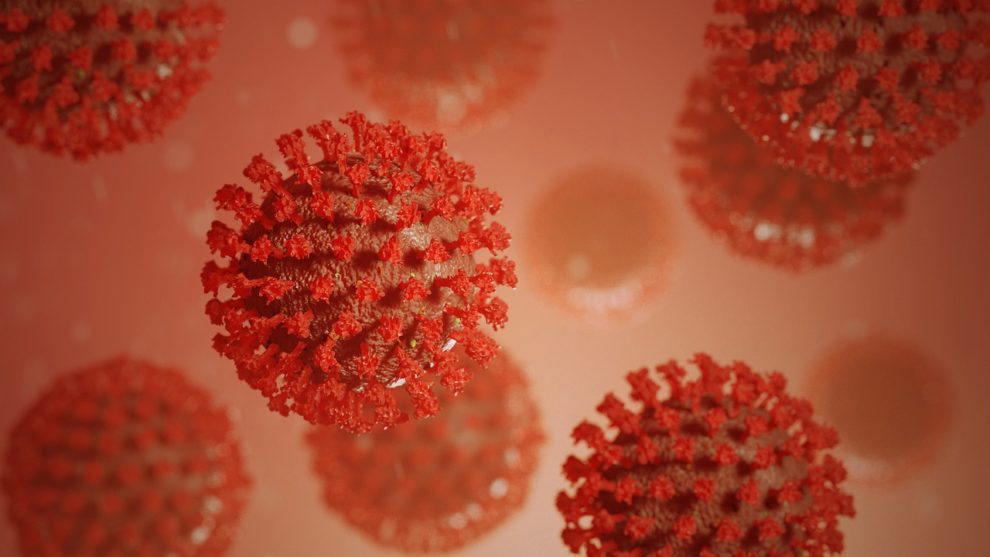According to the largest global study conducted on the matter, there have been associations found between COVID-19 vaccines and minor increases in heart, blood, and neurological disorders.
Experts from the Global Vaccine Data Network (GVDN) in New Zealand conducted an analysis of 99 million individuals who received COVID vaccinations across eight countries. They observed potential increases in 13 distinct medical conditions following the administration of COVID vaccines.
Data from 99 million vaccinated individuals analyzed by researchers from the Global Vaccine Data Network
As reported in a press release from GVDN, the study, published last week in the journal Vaccine, indicated a slight increase in neurological, blood, and heart-related medical conditions associated with the vaccine.
Their findings affirmed that the vaccines developed by Pfizer, Moderna, and AstraZeneca are associated with a notably increased risk of five medical conditions, one of which is a nerve-wasting ailment that can impair both mobility and cognitive function.
Individuals who received specific types of mRNA vaccines were discovered to have a higher risk of myocarditis, characterized by inflammation of the heart muscle.
Certain viral-vector vaccines were associated with a heightened risk of cerebral blood clots, along with an increased susceptibility to Guillain-Barre syndrome, a neurological disorder involving the immune system’s attack on the nerves.
According to the press release, additional potential risks included inflammation of a segment of the spinal cord following viral vector vaccines, as well as inflammation and swelling in the brain and spinal cord following both viral vector and mRNA vaccines.
Experts highlight importance of large-scale vaccine safety studies
“The size of the population in this study increased the possibility of identifying rare potential vaccine safety signals,” lead author Kristýna Faksová of the Department of Epidemiology Research, Statens Serum Institut, Copenhagen, Denmark, said in the release. “Single sites or regions are unlikely to have a large enough population to detect very rare signals.”
Dr. Jacob Glanville, CEO of Centivax, a biotechnology company based in San Francisco, also responded to the findings of the study. “This study is confirming in a much larger cohort what has been previously identified in the original studies during the pandemic — myocarditis and pericarditis as a rare side effect of mRNA vaccines and clots as a rare side effect of the viral vectored vaccines,” he told Fox News Digital.
“The odds of all of these adverse events are still much, much higher when infected with SARS-CoV-2 (COVID-19), so getting vaccinated is still by far the safer choice.”
The study was a part of a broader research initiative known as the Global COVID Vaccine Safety (GCoVS) Project, Fox News reported. According to the CDC, over 80% of the U.S. population has received at least one dose of the COVID vaccine.
